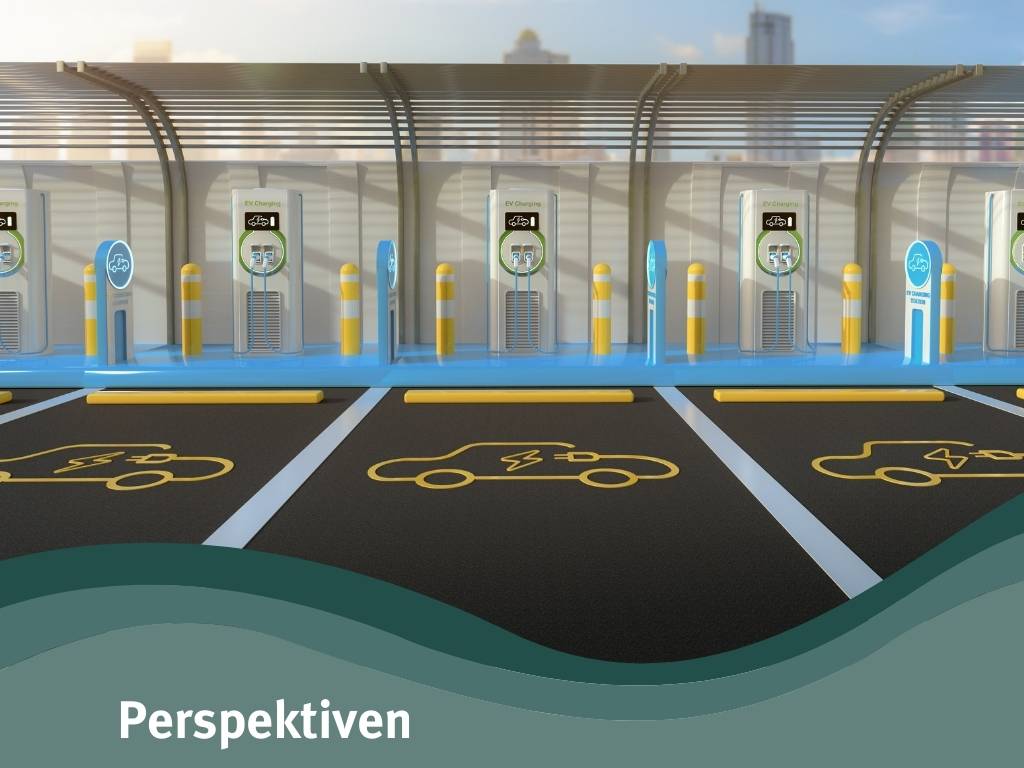Expansion of e-mobility - a charging station every 25 kilometers

By 2030, there should be a charging station for electric vehicles every 25 kilometers on freeways and expressways on behalf of the Ministry of Climate Protection, according to the state freeway operator ASFINAG. This roughly corresponds to the density of conventional filling stations.
Ministry had plan drawn up
Climate Protection Minister Leonore Gewessler announced the "Immediate Renewable Energy in Mobility Program" as part of the "Mobility Master Plan 2030". Among other things, the plan stipulates that there should be a fast-charging station every 15 km throughout Austria by 2030. This is one of 41 measures developed by the ministry together with 80 experts on the e-mobility transition.
The plan also provides for a fast-charging facility for e-cars every 25 km on expressways and highways (high-level road network).
"Our goal is 1,500 charging points for cars by 2030 with at least 150 kilowatts of charging power," says ASFINAG board member Hartwig Hufnagl. A simple and fast charging process and an uncomplicated payment system are important. "ASFINAG already started to expand the charging infrastructure in 2016, but we are accelerating this massively," he continues. There are currently 31 charging stations with 191 charging points for electric cars.
The charging infrastructure for e-trucks will also be expanded by 2035 with a total of 1,300 charging stations with an output of up to 1,000 kilowatts and overnight chargers, which can be used to charge trucks overnight.
E-mobility ticks differently
According to ASFINAG, the challenge with charging infrastructure is the lack of a standardized European system. Customers are faced with new questions: "Direct current or alternating current? And instead of simply filling up quickly and paying in the store, you have to deal with different charging capacities, charging fees and payment methods," says ASFINAG.






